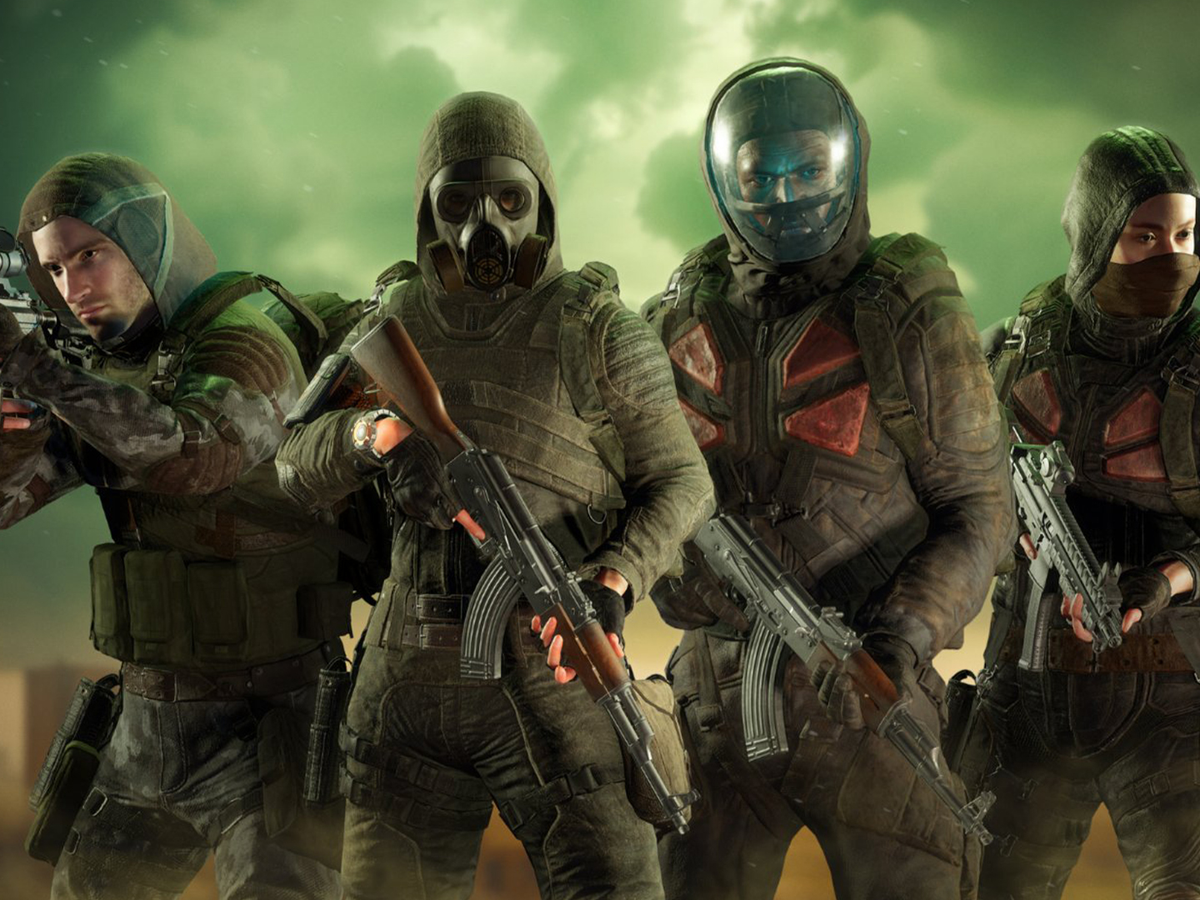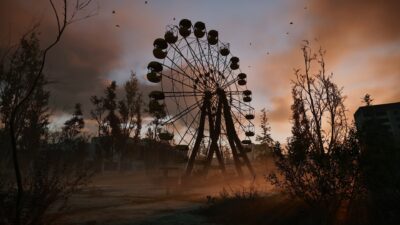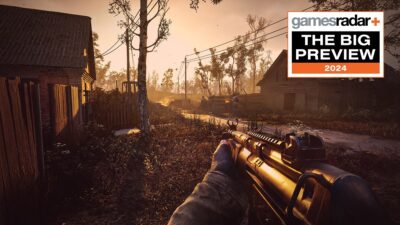Following STALKER 2’s Success, Developer GSC Game World Contends With ‘This New Reality’

The video game industry is no stranger to success stories, but few have experienced the kind of turnaround and international acclaim that STALKER 2: Heart of Chernobyl has seen. Developed by Ukrainian studio GSC Game World, the STALKER franchise—known for its unique blend of first-person shooter, survival horror, and open-world exploration—has had a tumultuous history. Yet, with STALKER 2’s highly anticipated release, the studio finds itself not only at the peak of its creative potential but also facing the complexities of the “new reality” that comes with global success amid ongoing geopolitical turmoil.
A Triumphant Return to the Zone
The STALKER series first launched in 2007, has become a cult classic, particularly among fans of post-apocalyptic games. Set in the radioactive zone surrounding the Chornobyl disaster site, the games are known for their immersive atmosphere, tactical gameplay, and deeply unsettling environments. After a long hiatus following the release of STALKER: Call of Pripyat in 2009, fans eagerly awaited a new installment.
Enter STALKER 2: Heart of Chernobyl, which was initially announced in 2018 and had been delayed several times before its eventual release. After years of anticipation, STALKER 2’s success has exceeded even the developers’ expectations. The game launched to critical acclaim, praised for its technical achievements, its stunning visual fidelity, and its narrative depth. Players once again ventured into the irradiated wasteland of the Zone, facing a mix of supernatural horrors, hostile factions, and environmental hazards.
However, GSC Game World’s success has come at a significant price. The game was released during a turbulent period, particularly for the studio’s home country, Ukraine, which has been embroiled in conflict with Russia since early 2022. This political and social upheaval has added a layer of complexity to the success of STALKER 2 and has forced the development team to confront not only the challenges of game development but also the wider implications of creating a globally recognized product amid war.
The Impact of War on Development
The ongoing conflict in Ukraine has deeply affected the GSC Game World. Much of the development team has had to adapt to the shifting realities of the war. The studio’s headquarters in Kyiv was relocated due to the invasion, and many of the team members were forced to work under extreme conditions, balancing their commitment to the game with the need for personal safety. These difficulties have led to delays, but the studio’s dedication to finishing STALKER 2 has never wavered.
The “new reality” that GSC Game World finds itself in is one where the line between creative achievement and real-world struggle is razor-thin. While STALKER 2 has been a monumental success, it also serves as a reminder of the resilience of the human spirit and the difficulties developers face while working in a war-torn country. The studio’s ability to continue working despite these odds has earned them respect and admiration from both the gaming community and beyond.
Moreover, the narrative of STALKER 2 has, perhaps unintentionally, taken on new layers of meaning. Themes of survival, adaptation, and resistance in the face of overwhelming odds are central to the game’s story and resonate more powerfully in light of real-world situations. The juxtaposition of virtual disaster and real-world conflict has led to a deeper connection between the game’s setting and the current events unfolding in Ukraine.
The Business of Success
While STALKER 2’s success has been a cause for celebration, it also places GSC Game World in a delicate position. The studio must now navigate the demands and expectations of a global audience while maintaining its creative integrity. The attention that STALKER 2 has garnered has thrust GSC Game World into the limelight, creating new opportunities and challenges. With the spotlight on them, the pressure to deliver future updates, expansions, or even new titles has grown significantly.
The success also raises questions about the future of the studio and the Ukrainian game development scene. Will GSC Game World continue to push boundaries with future STALKER titles, or will they choose to explore new creative avenues? The success of STALKER 2 has put them on the map in a way few could have anticipated, but it also means that their next steps will be watched closely by both fans and industry insiders alike.
Conclusion
For GSC Game World, STALKER 2 represents both an artistic triumph and a reflection of the “new reality” the studio faces. The success of the game has not only brought international attention to the studio but also highlighted the resilience of its developers amid challenging and dangerous circumstances. As the studio moves forward, it will have to balance the pressures of global success with the realities of working in a region affected by conflict. For fans, STALKER 2 has been a welcome return to the Zone, and for GSC Game World, it marks the beginning of an uncertain but promising future, shaped by both their creative vision and the realities of the world around them.

